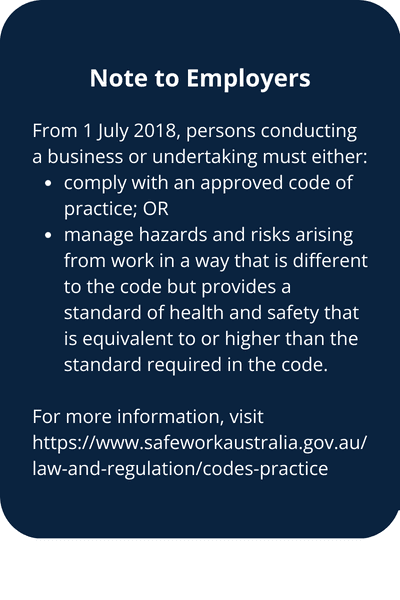KINNECT Training programs increase compliance in respiratory health risk management & empower workers
Over the last twelve months, there has been a heightened level of public conversation and media coverage around silicosis and other respiratory health risks in several industries. The ban on engineered stone products, new codes of practice, changes to workplace exposure levels for certain respiratory contaminants, and increased inspection actions on the part of Work Safe has employers taking notice. Many are questioning whether there have been legislative changes, and what they can do to better protect their workers and remain compliant with new codes of practice.
Fortunately, the education, training and clarity, provided by KINNECT’s sister company, KINNECT Training, combined with fit testing from KINNECT, is helping employers to meet requirements and enable their employees to understand how to protect themselves and others. More importantly, this level of training is resulting in greater employee engagement and commitment to safety.
Navigating Code of Practice requirements

Despite the heightened level of media activity and the ban on engineered stone (effective 1 July 2024), employers can rest assured that there have not been any legislative changes to the Safe Work Act or Workplace Health and Safety (WHS) Regulation. However, new codes of practice (COPs) – the practical guides that show employers how to meet the standards set out in the WHS Act and WHS Regulation – have been introduced.
While these approved COPs – both national and state/territory specific – are not law, they must be followed to be compliant with WHS legislation and are admissible in court proceedings. When a new model Code of Practice is introduced, persons conducting a business or undertaking (PCBUs) are given one year to bring their business practices into line with the code.
The model COPs of greatest concern in industry today:
- Managing the risks of respirable crystalline silica from engineered stone in the workplace.
- Managing respirable crystalline silica dust exposure in construction and manufacturing of construction elements.
- How to manage and control asbestos in the workplace.
As the country has adjusted to our new normal Post-COVID, WHS regulators have turned their attention to ensuring that industries where operations may create the risk of exposure to respiratory contaminants, (specifically, but not limited to, silica and asbestos) are compliant with the Codes of Practice.
If your business includes such operations, you will need to address certain requirements within the COPs immediately or face legal action. Specifically:
- Training: A PCBU must ensure that the information, training and instruction provided to a worker is suitable and adequate, having regard to the nature of the risks associated with the work being conducted, and that safe working practices are part of the company operations. The PCBU must ensure, so far as is reasonably practicable, that the information, training and instruction is provided in a way that is readily understandable by any person to whom it is provided.
- Development of a Respiratory Protection Program: This is a documented set of policies and procedures that outline how respiratory risk will be managed in the workplace, and is based on the national standard, AS NZS 1715:2008.
- Annual fit testing of all relevant employees: This applies to employees who are required to wear tight fitting respirators as part of their PPE requirements.
A simple, yet multifaceted approach to respiratory health focused training
Jonathan Wilson, Director of KINNECT Training, believes that face to face training and functional knowledge is the key reducing respiratory risks and improving compliance in the workplace:
“When employees are educated on the real-life impact that exposure to asbestos or silica can have, they are more likely to become invested in working in a way that ensures their safety.”
“Masks and PPE are uncomfortable and often represent a change in work requirements. As a result, gaining employee compliance can be the most difficult aspect of this area of WHS. We believe the best tool an employer has is good information. By educating your team on the risks, and potential outcomes of exposure, they are more ready to accept changes in procedures and safe work practices that they may have rejected in the past,” Jonathan explained.
KINNECT Training offers three specific programs with a focus on silica and asbestos awareness that simplify the respiratory protection aspect of compliance for any industry:
- A 30-minute online Asbestos Awareness Training program
- 1 and 2-hour Silica Awareness Training programs (delivered face-to-face or online)
- Creation of a Respiratory Protection Program
- Respirator Fit Test Training Course (RESP-FIT approved)
These programs can be combined to meet your businesses risk profile and work circumstances. Crucially, they offer your employees an empowering level of knowledge in multiple areas that contribute to protecting their respiratory health.
It is worthwhile noting that the introduction of a Respiratory Protection Program gives your company a solid documented set of policies and procedures, removing any grey areas with regards to safe work procedures and what is required of your staff. Jonathan advises that “consultation with employees while developing this policy will increase employee buy-in and commitment.”
If you are interested in exploring KINNECT Training’s training programs, or creating a custom solution, we encourage you to visit their website.



